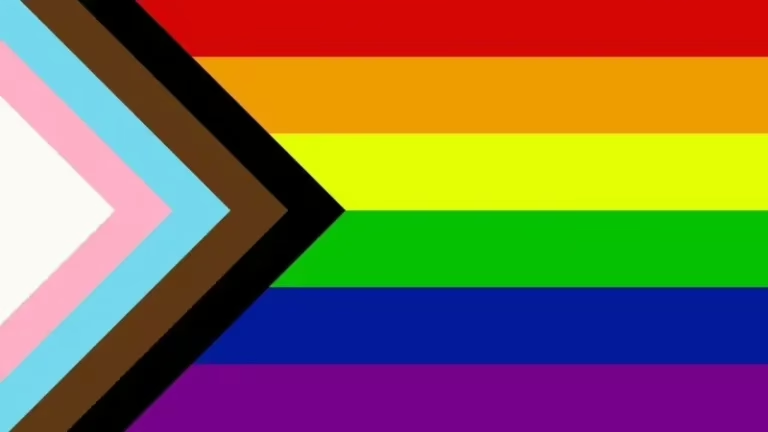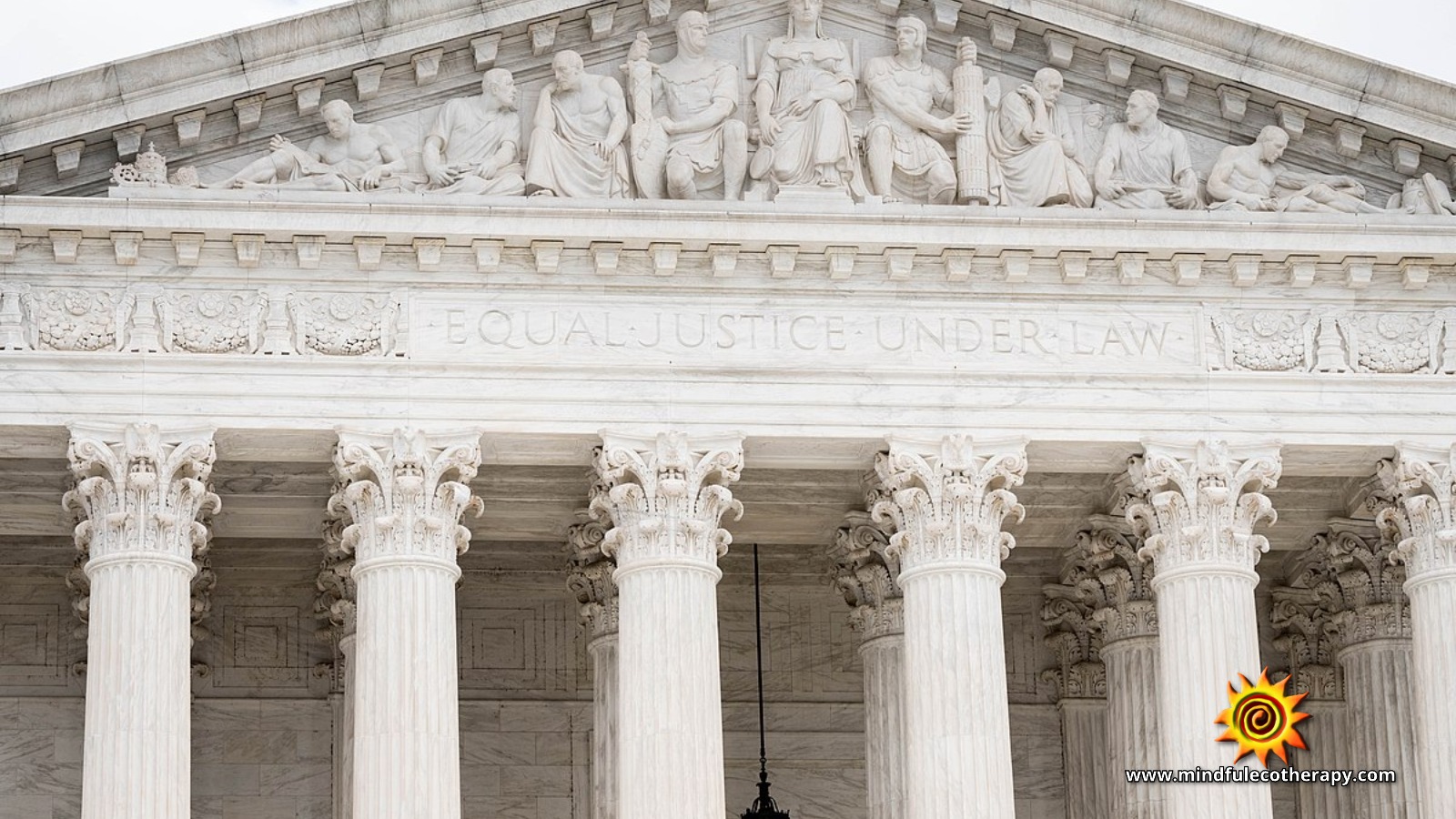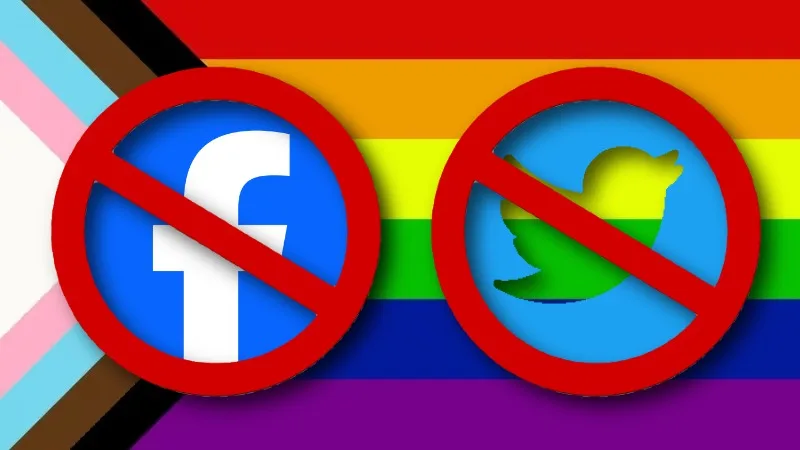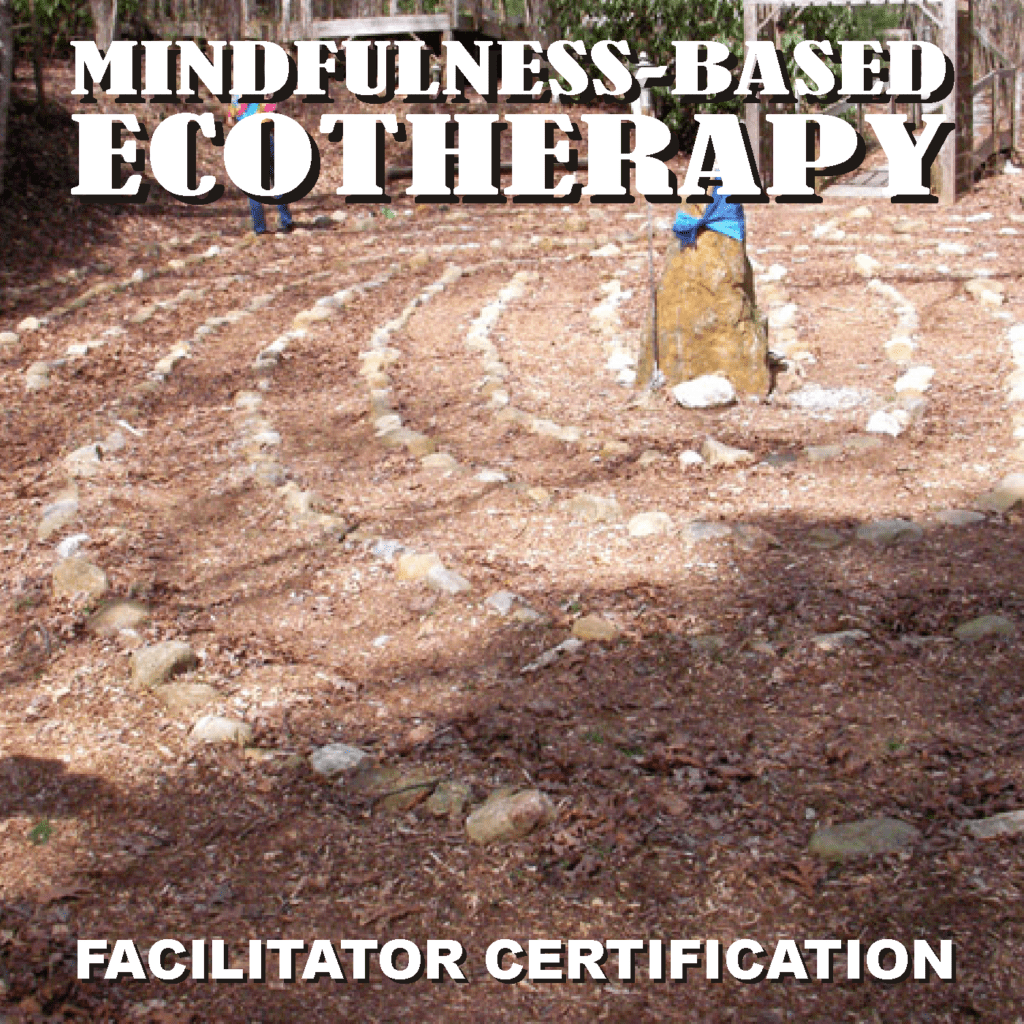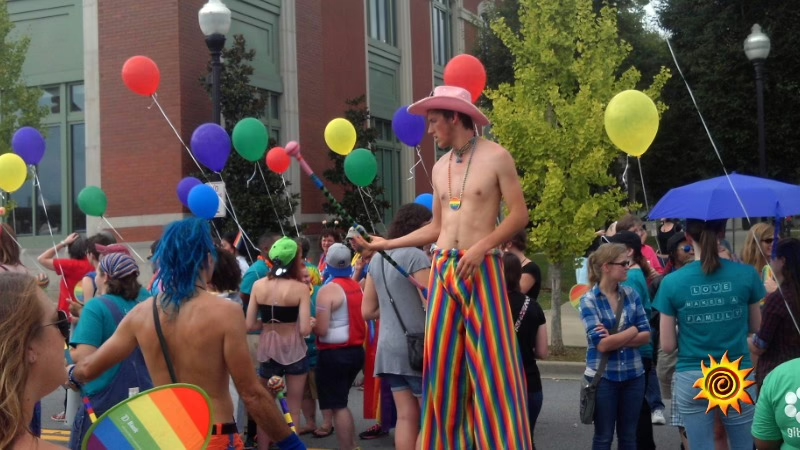
Table of Contents
On June 18th, 2025, the U.S. Supreme Court ruled 6-3 to uphold state bans on access to gender-affirming care for transgender and gender expansive (TGE) youth. This devastating decision by our Supreme Court allows 27 states to restrict or eliminate healthcare options that are not only evidence-based, but also life-saving. By doing so, the highest court in the country has endorsed a dangerous narrative—one that undermines medical consensus, restricts provider autonomy, and endangers the mental and physical health of TGE children and adolescents across the United States.
Organizations like SAIGE (Society for Sexual, Affectional, Intersex, and Gender Expansive Identities) have openly condemned the decision, calling it a “profound miscarriage of justice.” Yet in the wake of this political regression by our Supreme Court, many mental health professionals and organizations are doubling down on their commitment to ethical, inclusive, and affirming care. Among them is the Mindful Ecotherapy Center, PLLC, an organization steadfast in its mission to uphold dignity, agency, and compassion for all clients, especially TGE youth and their families.

Understanding Gender-Affirming Care
Gender-affirming care encompasses a range of services designed to support individuals in aligning their gender identity with their lived experience. For TGE youth, this may include counseling, social support, and in some cases, medical interventions such as puberty blockers or hormone therapy. These services are backed by extensive research from the American Psychological Association, American Medical Association, and World Professional Association for Transgender Health (WPATH).
The Supreme Court’s decision to allow states to ban such care ignores decades of psychological and medical evidence, disrupts the ethical delivery of mental health services, and legitimizes discrimination under the false guise of protecting children.
The Mindful Ecotherapy Center’s Commitment to TGE Youth
At the Mindful Ecotherapy Center, PLLC, we believe that affirming care is ethical care. While the legal landscape may shift, in spite of this disastrous Supreme Court decision, our values remain rooted in compassion, inclusivity, and evidence-based practice. Here’s how we continue to support TGE youth and their families in a climate of increasing hostility:
1. Providing Gender-Affirming Therapy
All therapists at the Mindful Ecotherapy Center are trained in gender-affirming best practices, including the use of correct pronouns, respecting name changes, and navigating the complex intersections of identity, family dynamics, and trauma. We create safe, nonjudgmental spaces where clients can explore their gender identity without fear of coercion, ridicule, or invalidation.
2. Offering Support to Families and Caregivers
Affirming care doesn’t end with the individual. The Center also offers family systems therapy, parent education, and caregiver support to help families better understand and support their TGE loved ones. We equip families with the tools to become strong allies, especially in states where legal protections are eroding.
3. Advocacy and Education
The Mindful Ecotherapy Center believes in the power of education to dismantle prejudice. We regularly offer continuing education courses, webinars, and community outreach programs to raise awareness about gender diversity, the mental health needs of trans youth, and the importance of affirming care in clinical practice.
4. Telehealth Services Across State Lines
While some states have banned access to medical gender-affirming care, and while our United States Supreme Court has chosen to interfere in medical decisions made by individuals and their families, mental health services remain legally accessible in many regions. The Mindful Ecotherapy Center offers secure telehealth sessions that allow TGE youth in hostile states to access affirming therapy. We are currently working to expand access wherever possible.
Why This Matters
In spite of what the Supreme Court might think, numerous studies have shown that access to gender-affirming care reduces rates of depression, anxiety, self-harm, and suicide among TGE youth. When that access is denied, the consequences can be fatal. The Supreme Court’s decision effectively criminalizes compassion and threatens the very lives of those already at high risk of marginalization and violence.
The Mindful Ecotherapy Center refuses to stand by silently. We are actively seeking partnerships with schools, clinics, and advocacy organizations to continue this essential work. As part of the broader mental health community, we reaffirm that our duty is to heal, not to harm.
Standing Firm in the Face of Injustice
The recent Supreme Court ruling does not define the future of TGE youth; we do. Through therapeutic presence, inclusive policy, and relentless advocacy, the Mindful Ecotherapy Center stands firm in our mission: to provide a healing space for all people, regardless of gender identity or expression.
Now more than ever, we invite you to join us in supporting dignity, equity, and resilience for TGE youth and the professionals who serve them. Together, we can continue to build a world where gender diversity is celebrated, not criminalized.
Share Your Thoughts!
What do you think? Share your thoughts in the comments below! And don’t forget to subscribe to our newsletter!


